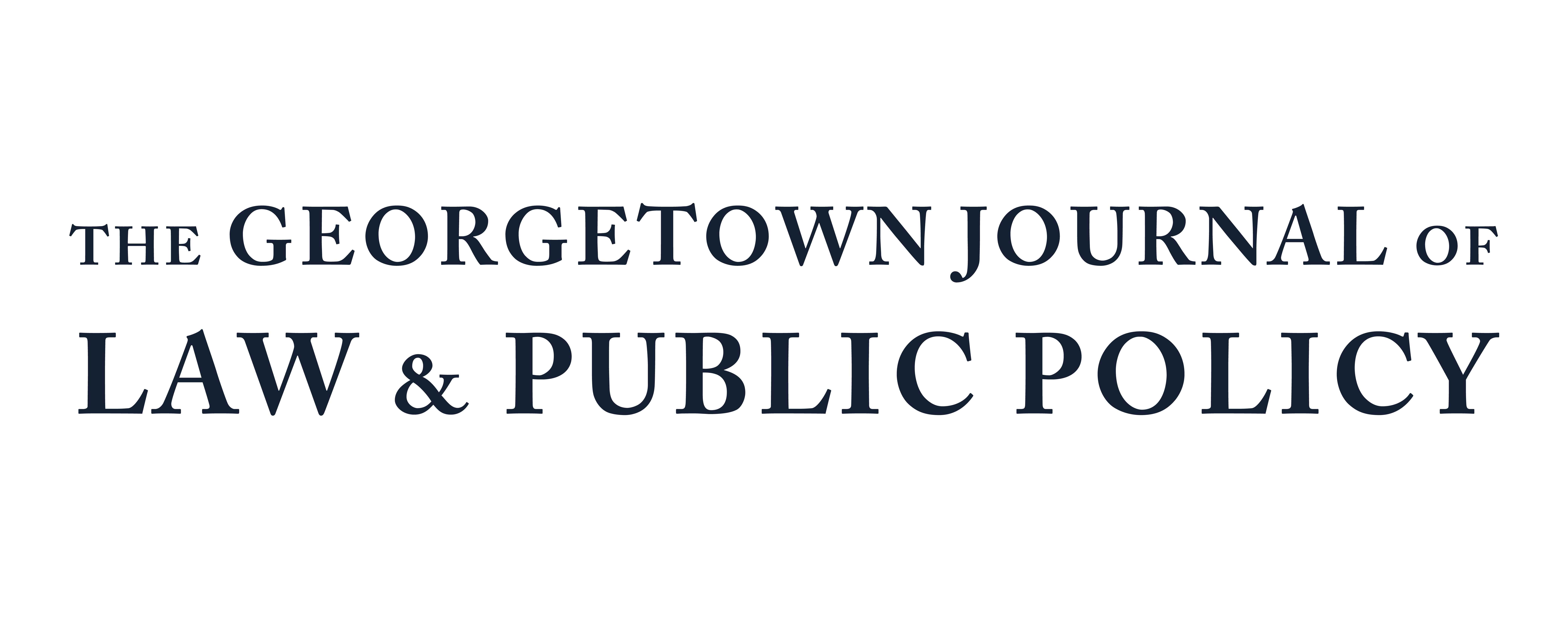Flight, Race, and Terry Stops: Commonwealth v. Warren
Police officers find critical the ability to stop, question, and frisk someone who is reasonably suspected of being involved in a crime and of being armed. In 1968, the Supreme Court of the United States approved that practice in Terry v. Ohio. Since then, officers and courts have consistently found that a person’s unprovoked flight at the sight of an identifiable police officer indicates consciousness of guilt and supports a Terry stop. In Commonwealth v. Warren, however, the Massachusetts Supreme Judicial Court concluded that a suspect’s unprovoked flight was not sufficient, by itself or in conjunction with the other evidence known to the police, to justify their stop of Warren to question him about a recent burglary. Although that conclusion alone was mistaken, the court committed a more egregious error by hypothesizing that the suspect may have fled because other persons may have feared that the Boston Police Department had been engaged in a pattern of racially discriminatory stops-questions-and-frisks of young black males. In so ruling, the Massachusetts Supreme Judicial Court made both factual and legal errors. One of the court’s mistakes was to look past the facts of the Warren case, to assume the position of a legislature, and, in that capacity, to fail to consider the interests of the black residents of local neighborhoods who wish to avoid becoming victims of a crime. If a court assumes the role of a legislature, the court must consider the interests of the entire affected community, not just the interests of those residents who are suspected of being involved in a crime. By addressing a large-scale societal problem rather than focusing just on the facts of the Warren case, the Massachusetts Supreme Judicial Court assumed a role that should have been left to the state legislature or city council.
Keep Reading Flight, Race, and Terry Stops
Subscribe to GJLPP
